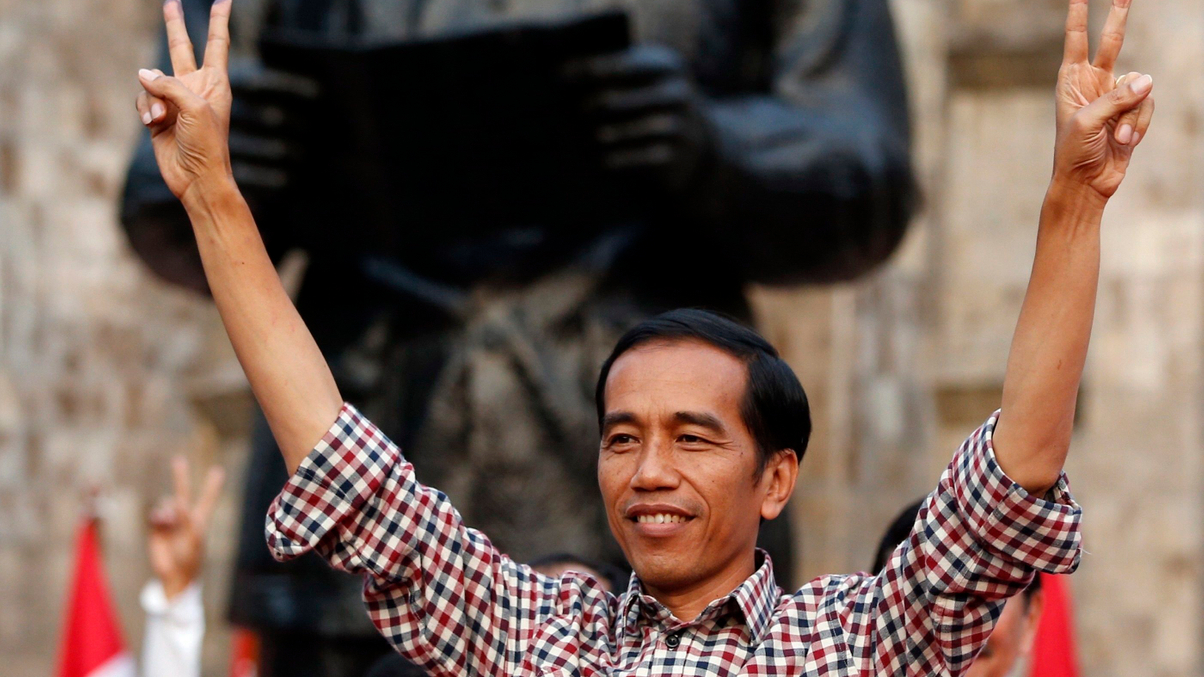Jokowi faces short honeymoon
Tackling fuel subsidies and appointing the right finance minister will determine Joko Widodo’s success as Indonesia’s new president. But for now, investors are upbeat.

Investors and sell-side analysts say they are pleased with Joko “Jokowi” Widodo’s victory in this week’s presidential elections in Indonesia, but the urgent work of tackling budget issues means he will have little time to bask.
Sign In to Your Account
Access Exclusive AsianInvestor Content!
Please sign in to your subscription to unlock full access to our premium AI resources.
Free Registration & 7-Day Trial
Register now to enjoy a 7-day free trial—no registration fees required. Click the link to get started.
Note: This free trial is a one-time offer.
¬ Haymarket Media Limited. All rights reserved.


